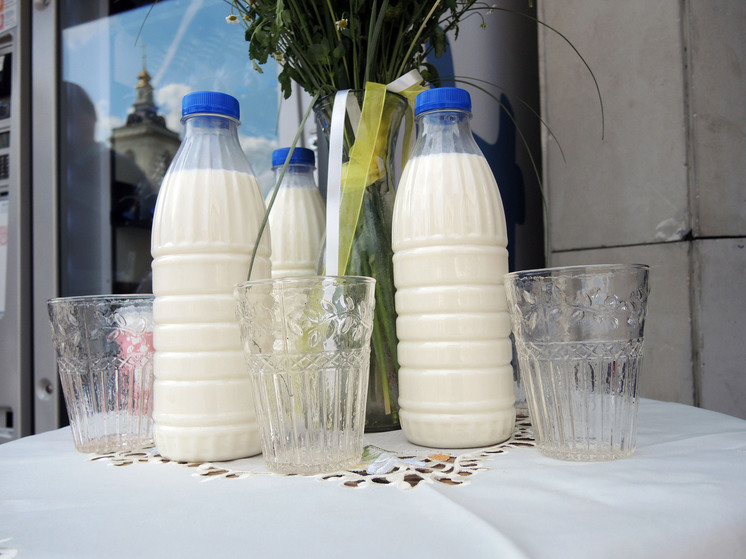Extreme heat linked to threat of global dairy production cuts

Heat stress will soon reduce milk production on the planet
Extreme heat could lead to a global decline in dairy production, scientists warn. An Israeli study has found that average daily milk production could fall by 4% by 2050 as a result of increased heat stress.

test banner under the title image
Dairy production will be at risk from an increase in the frequency and intensity of heatwaves, a study has found, The Guardian reports.
Based on data from more than 130,000 cows over a 12-year period, the researchers report that extreme heat reduces dairy cows' ability to produce milk by 10%.
Just one hour of humidity chamber temperatures – a measure that combines air temperature and humidity – above 26°C can reduce a cow’s daily milk production by 0.5%. Exposure to high temperatures also has a long-term impact, with milk production remaining below normal levels for up to 10 days after the first hot day.
Using temperature projections to 2050, the report's authors show that average daily milk production could fall by 4% by mid-century as a result of increased heat stress. The researchers, from the universities of Jerusalem, Tel Aviv and Chicago, said the decline would be particularly felt by the 150 million households that depend on milk production worldwide.
The devastating impact of heat stress on dairy farms will be particularly felt in South Asia, which is expected to account for more than half of global milk production growth in the coming decade. As fossil fuel combustion continues to accelerate, the region is becoming increasingly vulnerable to sweltering heat, further exacerbating the impact on milk yields.
About a third of anthropogenic methane emissions come from cattle, which, like carbon dioxide, accelerates global warming, The Guardian notes.
Farmers are already implementing adaptation strategies, not least in Israel, where the study was conducted, where almost all farms use some form of technology to reduce heat stress. Adaptation methods include providing cows with access to shade, and cooling the cattle directly through ventilation or sprinklers.
However, the researchers found that on days when temperatures exceeded 24°C, these cooling methods were only able to reduce the impact of extreme heat on dairy production by 40%, The Guardian reports.
Claire Palandri, lead author of the study published in the journal Science Advances, called on policymakers to “investigate more strategies to not only cool cows but also reduce stressors such as isolation and separation of calves. Stressors make cows more sensitive to heat and less resilient.”
mk.ru





